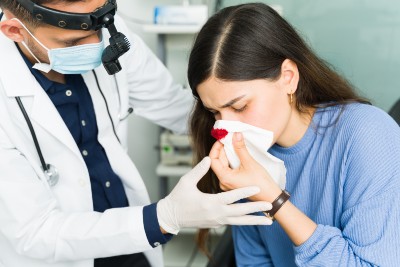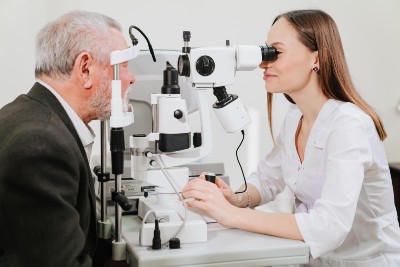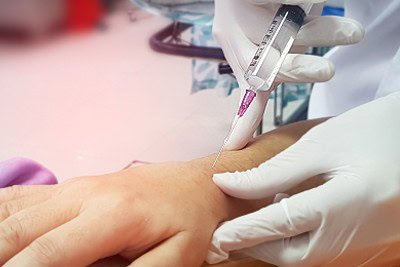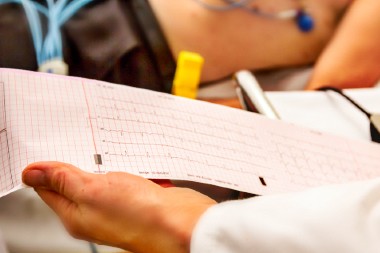AI Performs Well in Virtual Urgent Care Visits Take Home Point: This study indicates that an artificial intelligence (AI) algorithm was better at adhering to clinical guidelines and identifying critical red flags during virtual urgent care (UC) consultations, while physicians were better at adapting recommendations to changing information obtained during a patient consultation. Citation: Zeltzer D, Kugler Z, Hayat L, et al. Comparison of Initial Artificial Intelligence (AI) and Final Physician Recommendations in AI-Assisted Virtual …
Read More









